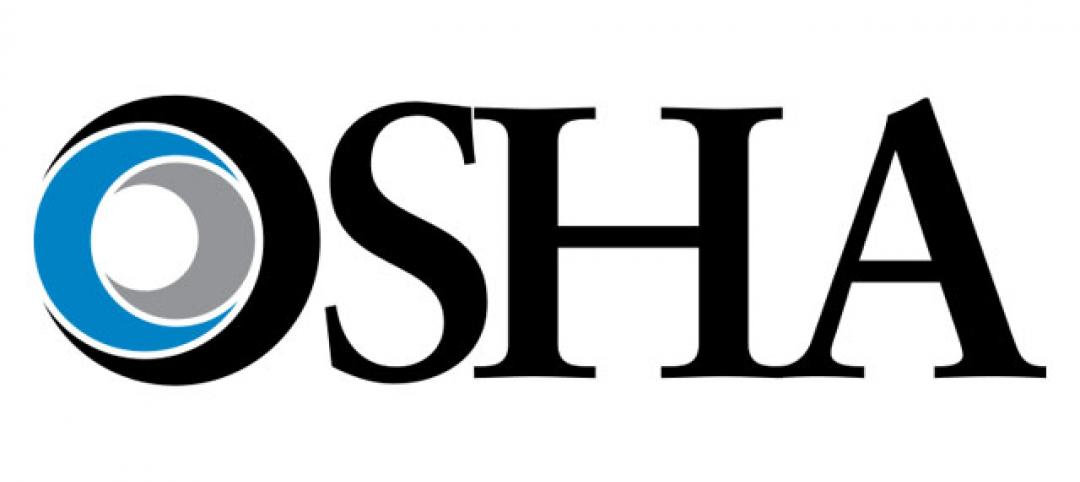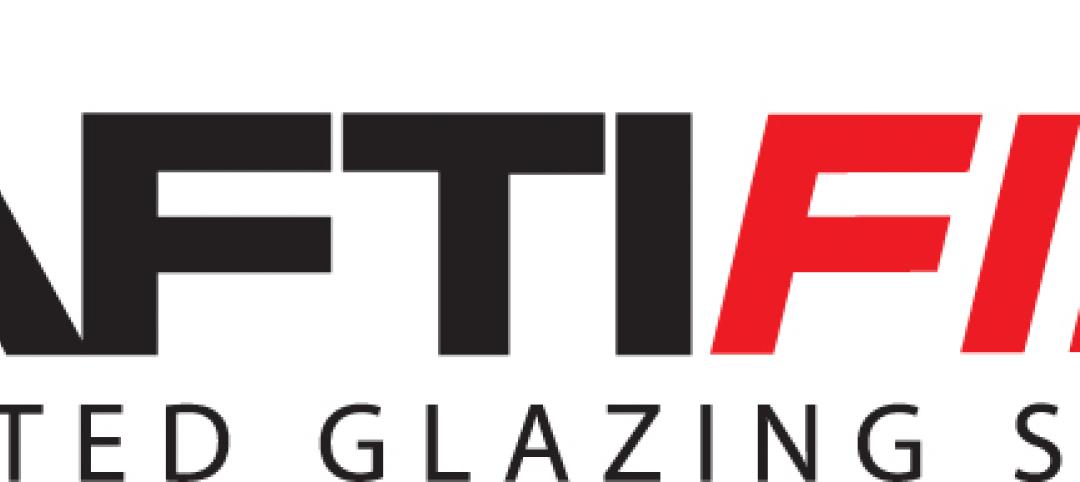The Canada Green Building Council (CaGBC) recently launched the first phase of its Zero Carbon Buildings Initiative.
The new framework is a precursor to the launch of a Zero Carbon Building Standard in spring 2017. Canada is striving to develop more lower-carbon commercial, institutional, and high-rise residential buildings in an effort to reduce greenhouse gases by 30% by 2030.
The Zero Carbon Buildings Framework establishes five key components for evaluating building carbon footprints:
• Greenhouse gas intensity metric for assessing a building’s emissions taking into account regional emissions factors
• Energy intensity metrics to incentivize design of highly efficient, reliable, and resilient buildings
• Peak energy demand metric to encourage the use of peak-shaving measures
• Embodied carbon metric to recognize importance of building material lifecycle impacts
• Requirement that renewable energy be generated on-site or procured directly
Upcoming phases of the Zero Carbon Initiative will include the identification of specific pathways to zero carbon, a zero carbon building pilot program, and the development of a verification program.
Related Stories
| Feb 9, 2012
Rapid growth of zero energy buildings expected
Much of that growth will be in the European Union, where near-zero energy buildings are mandated by 2019 for public buildings, and by 2021 for all construction.
| Feb 9, 2012
Stiffer OSHA fines put strain on Kansas contractors
A fine for a violation that once cost between $750 and $1,200 now runs $7,000 or more per incident, according to a state industry association official.
| Feb 9, 2012
Webinar focuses on lessons learned from LEED-certified industrial project
A Construction Specifications Institute webinar will focus on the lessons learned through the design and construction of a LEED-certified industrial project, Better Living Mill Shop, the first industrial building in Central Virginia to earn LEED certification.
| Feb 8, 2012
California likely to eliminate redevelopment agencies
Leaders of California cities had been trying to fashion a compromise with lawmakers after the state Supreme Court ruled the state had the authority to eliminate the agencies and use their property tax money for local services.
| Feb 8, 2012
Project aimed at economical seismic retrofits on historic Memphis structures
The group will develop a low-cost seismic retrofit model that would benefit aging brick-and-mortar structures. It involves bolting steel brackets to existing wooden floor and ceiling joists.
| Feb 8, 2012
Houston signs on to Better Buildings Challenge
The challenge has about $4 billion in federal and private-sector funds, which it will use for building energy upgrades nationwide in the next two years.
| Feb 8, 2012
OSHA offers free health and safety consulting for small businesses
The consultants offer confidential, non-punitive advice.
| Feb 8, 2012
Controversy over pay for prisoners on roofing job in Michigan
The disagreement was over whether the prisoners should have been paid prevailing wage for their brief time on the job because the project was paid for with a U.S. Department of Energy grant.















